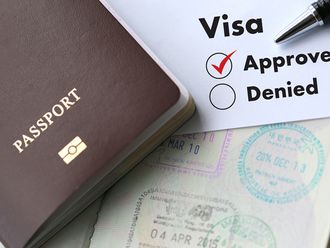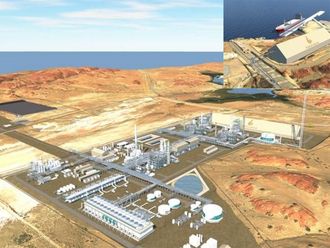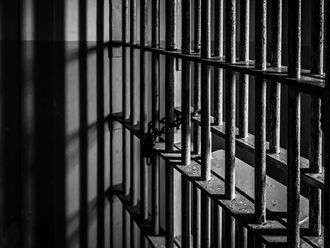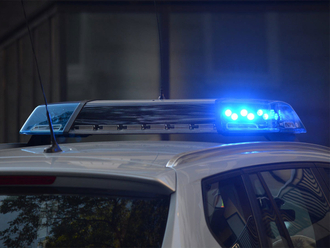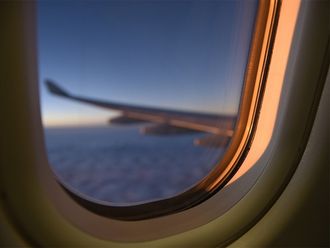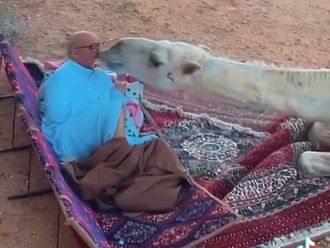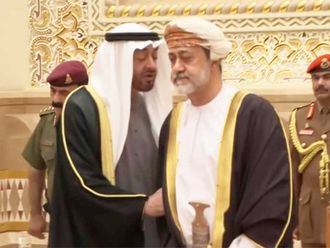Suva, Fiji: Fiji is reverting to dictatorship and its democracy is a “farce”, an opposition leader in the Pacific nation said Tuesday after he was arrested for taking part in a debate.
Fiji Labour Party leader Mahendra Chaudhry was one of six opposition figures arrested and held in custody last weekend for participating in a constitutional discussion forum.
Police said the group, who were all later released, did not have a permit for the meeting and officers were investigating remarks that “could affect the safety and security of all Fijians”.
Chaudhry rejected the accusation, describing the arrests as an act of political intimidation in the troubled country, which has experienced four coups since 1987.
“There was absolutely no justification in putting us in a police cell, which was horrid, the conditions there are pretty bad,” he told Radio New Zealand.
“This is no way to treat responsible citizens who hold positions in political parties and other organisations, who are not criminals.”
Chaudhry, became Fiji’s first ethnic Indian prime minister in 1999 but was ousted in a coup a year later. He was barred from standing in the 2014 election after being convicted on tax charges.
Fiji’s most recent military takeover was in 2006 but repressive laws curbing public meetings remain on the books, despite an election in 2014 which saw coup leader Voreqe Bainimarama record a landslide win.
Chaudhry said the limits on public discussion showed Fiji was not a democracy.
“There is no democracy in Fiji, it’s a farce for people to say there’s democracy here,” he said.
“Such things are not allowed in a dictatorship and that’s what we have here.”
Amnesty international said the arrests were “a brazen crackdown on people for peacefully exercising their right to freedom of expression”.
“Fijians should be free to openly discuss their supreme law and even criticise without fear of reprisals,” Amnesty’s regional director Rafendi Djamin said.
The European Union, a major aid donor, also expressed concern, urging Fiji to show “full respect for freedom of speech and freedom of assembly”.
Bainimarama rejected any criticism, saying the meeting did not have a permit and “police are entirely within their rights” to question those who took part.
It is disappointing that elements of the international community, without any objectivity, have issued statements of concern,” he said, accusing critics of double standards.


